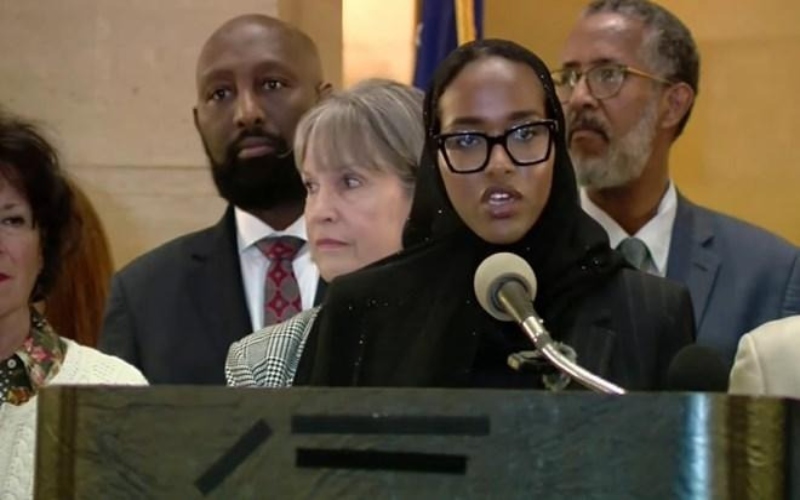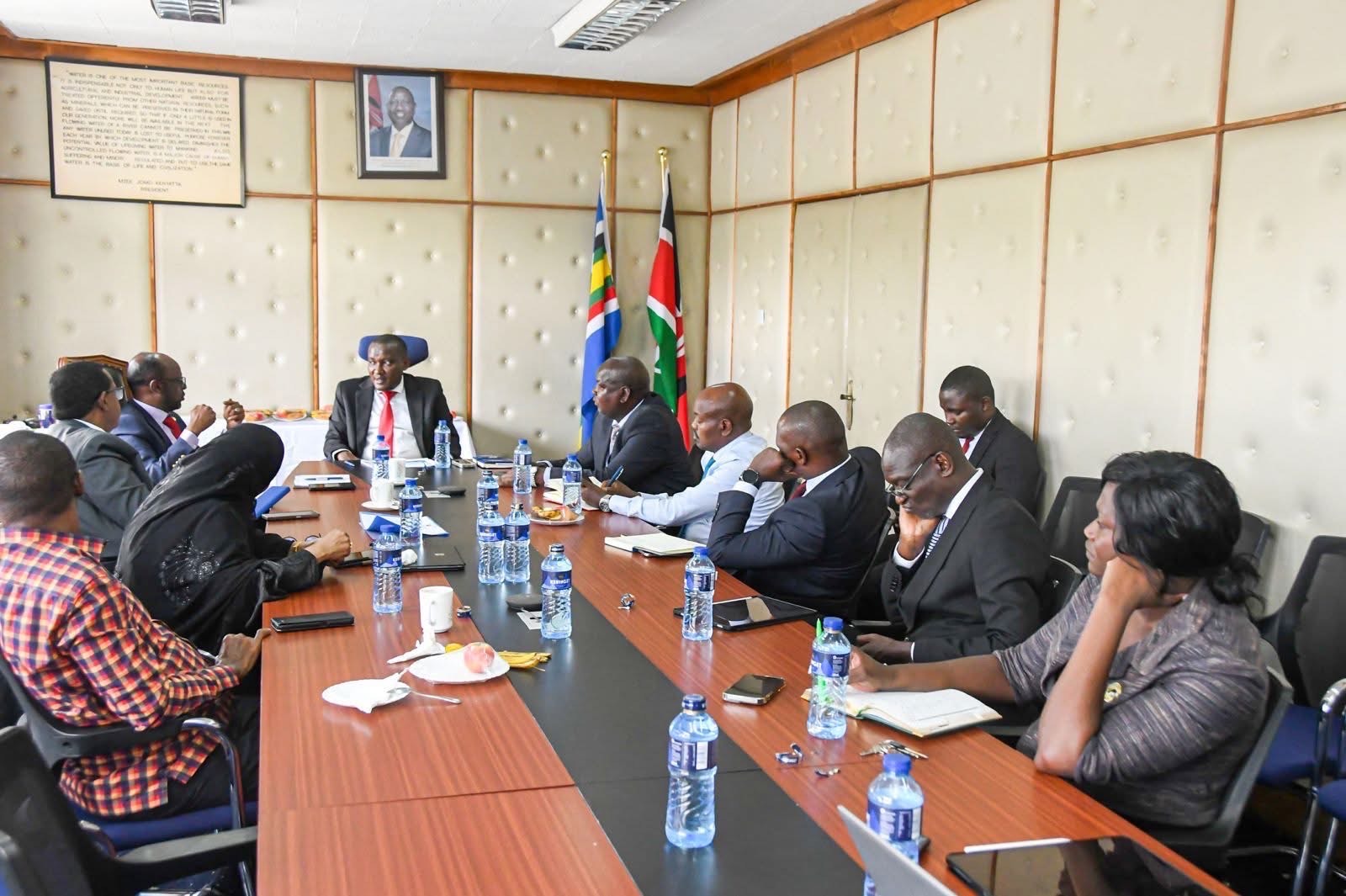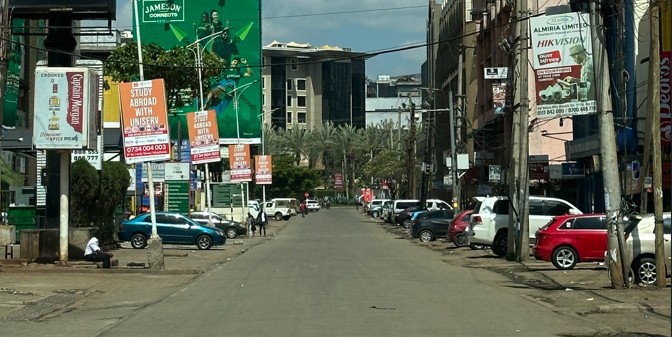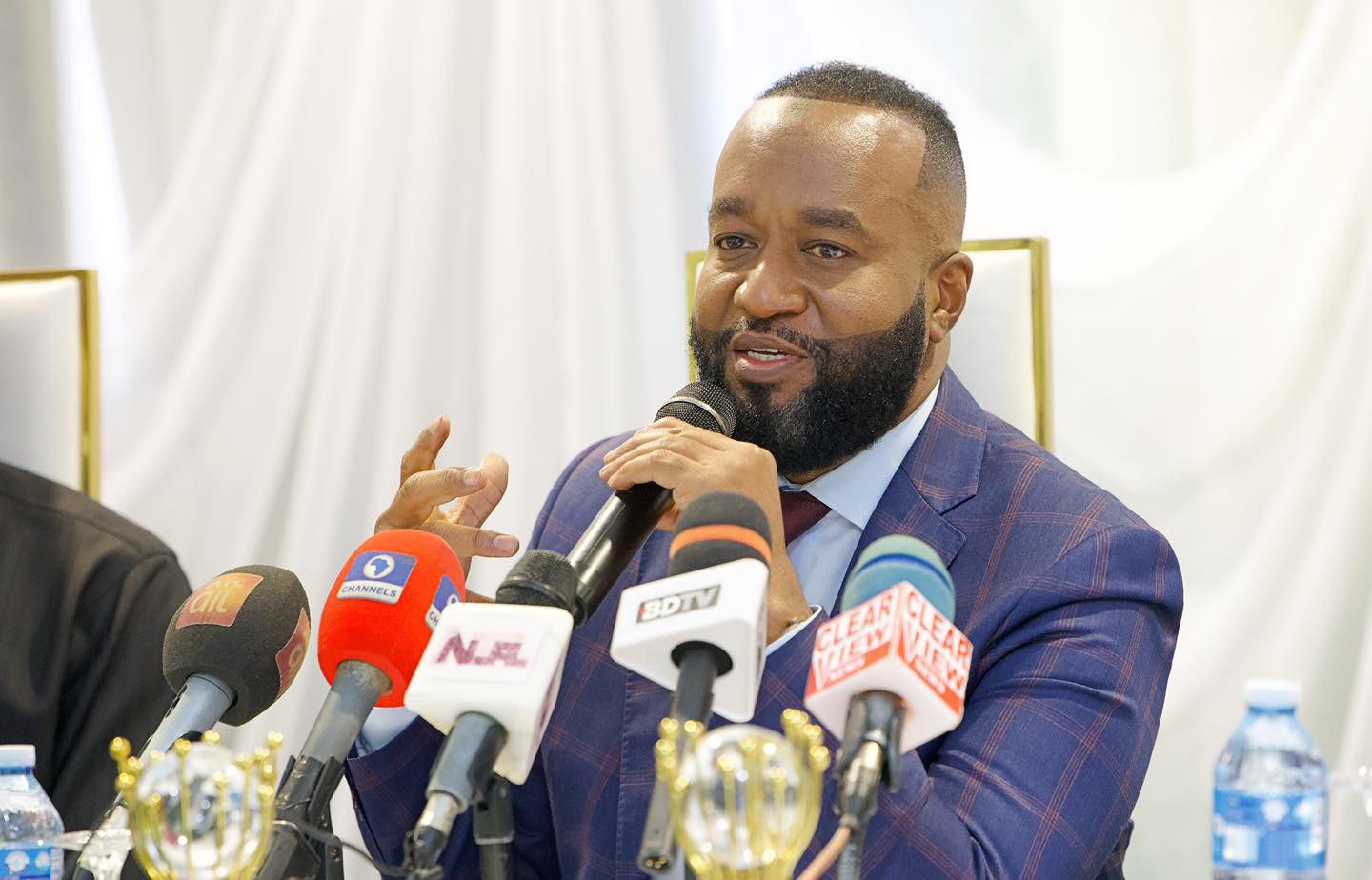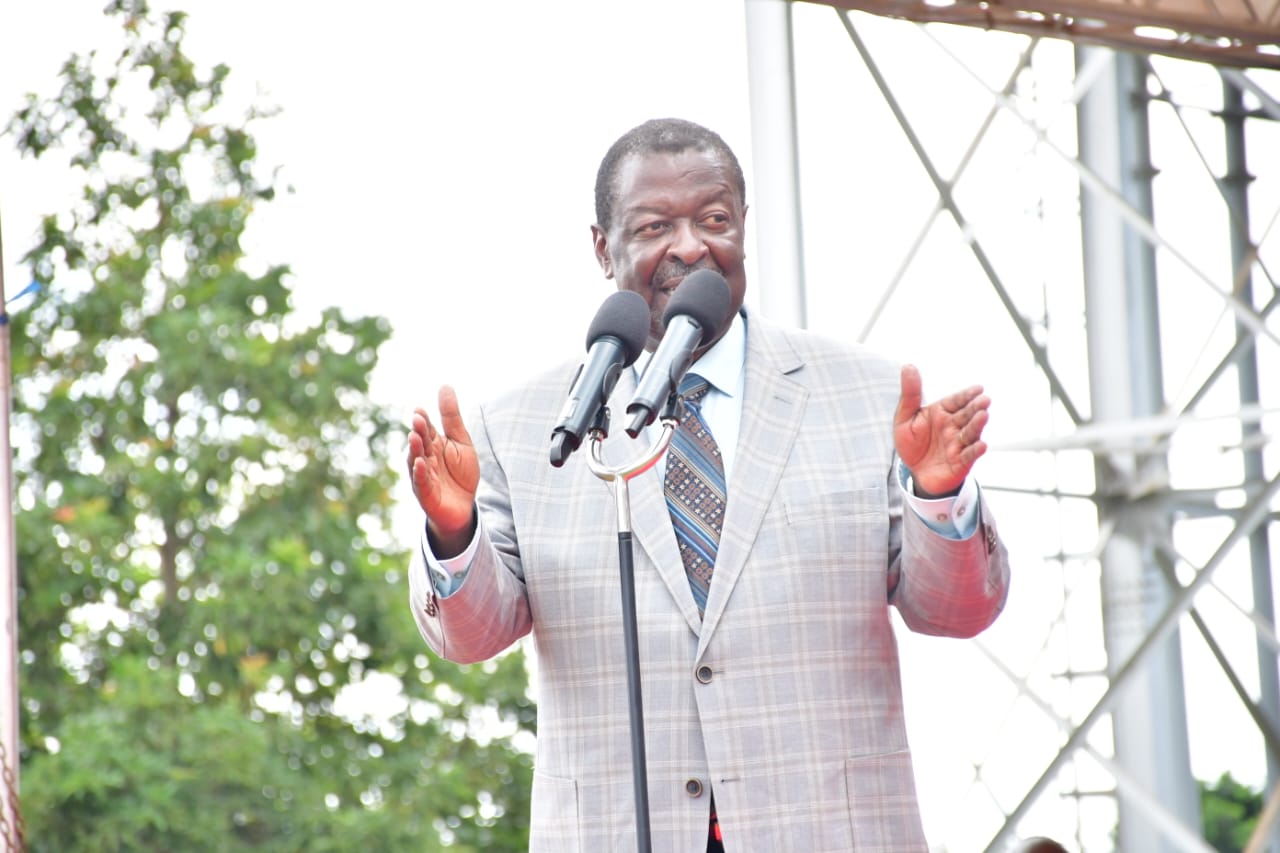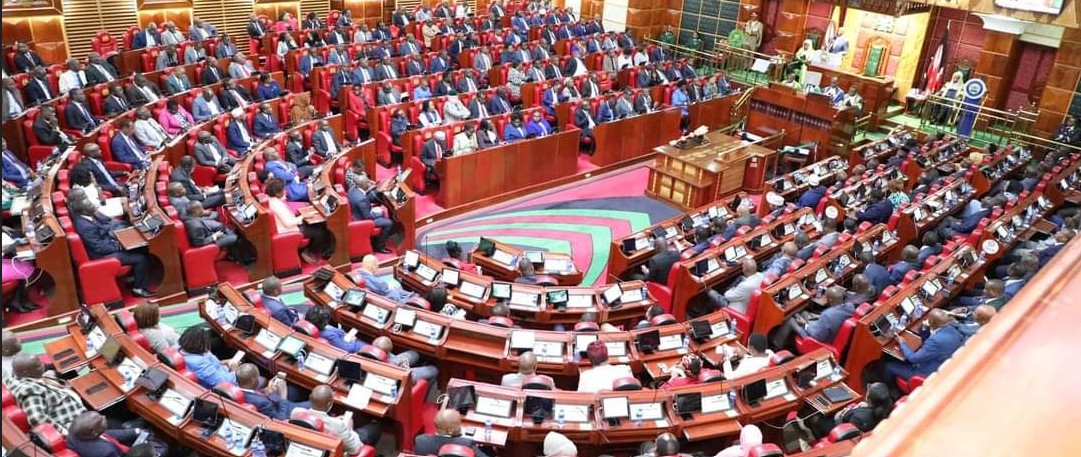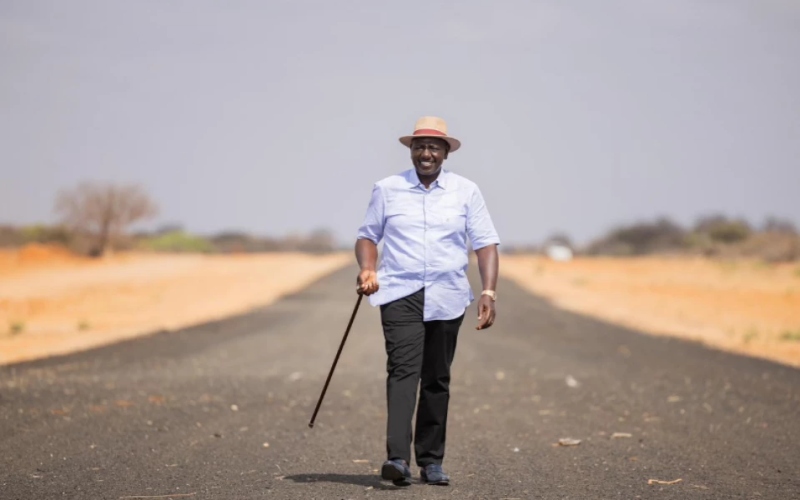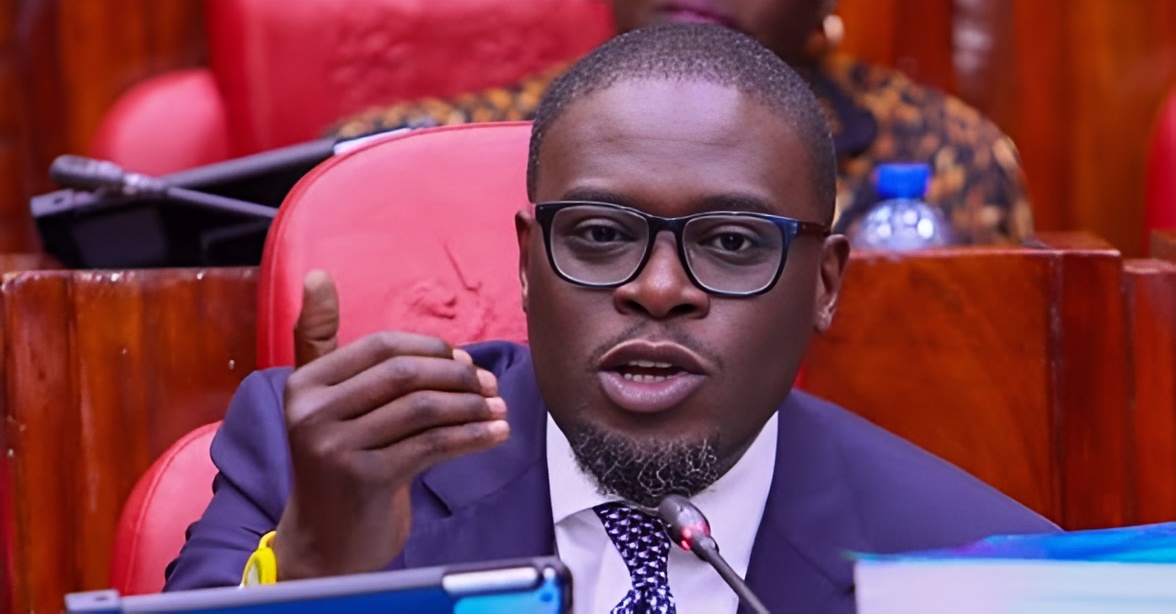Syria's president Ahmed al-Sharaa forms new transitional government
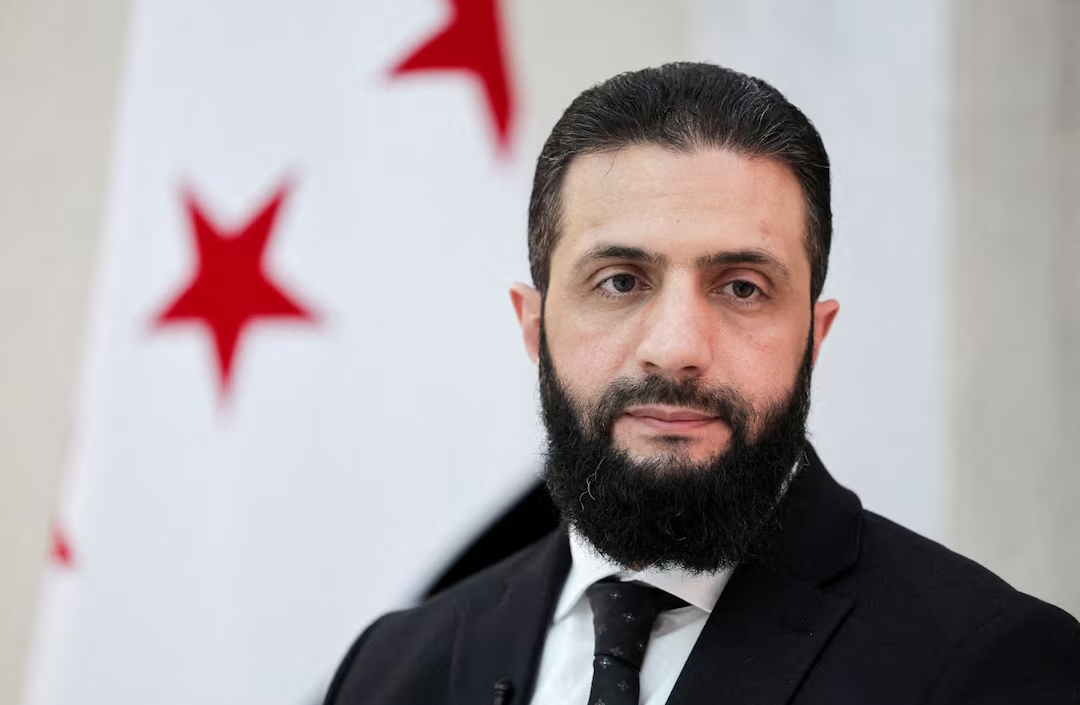
Syria's new Sunni authorities have been under pressure from the West and Arab countries to form a government that is more inclusive of the country's diverse ethnic and religious communities.
Syrian President Ahmed al-Sharaa announced a transitional government on Saturday, appointing 23 ministers in a broadened cabinet seen as a key milestone in the transition from decades of Assad family rule and to improving Syria's ties with the West.
Syria's new Sunni authorities have been under pressure from the West and Arab countries to form a government that is more inclusive of the country's diverse ethnic and religious communities.
More To Read
- We decoded the oldest genetic data from an Egyptian, a man buried around 4,500 years ago – what it told us
- Trump meets President Ahmed al-Shara, says US will lift sanctions on Syria in major policy shift
- Saudi Arabia, Qatar to settle Syria's outstanding arrears of around $15 million to World Bank
- Exclusive: More than 1,000 Syrians died in airport prison under Assad, report says
- Somali refugees in Dadaab fear Trump’s return will trigger new travel ban
- Demoralised conscripts, absent allies: How Bashar al-Assad's army collapsed in Syria
That pressure increased following the killings of hundreds of Alawite civilians - the minority sect from which toppled leader Bashar al-Assad hails - in violence along Syria's western coast this month.
The cabinet included Yarub Badr, an Alawite who was named transportation minister, while Amgad Badr, who belongs to the Druze community, will lead the agriculture ministry.
Hind Kabawat, a Christian woman and part of the previous opposition to Assad who worked for interfaith tolerance and women's empowerment, was appointed as social affairs and labor minister.
Mohammed Yosr Bernieh was named finance minister.
It kept Murhaf Abu Qasra and Asaad al-Shibani, who were already serving as defence and foreign ministers respectively in the previous caretaker cabinet that has governed Syria since Assad was toppled in December by a lightning rebel offensive.
Ahmed also said he established for the first time a ministry for sports and another for emergencies, with the head of a rescue group known as the White Helmets, Raed al-Saleh, appointed as the minister of emergencies.
In January, Ahmed was named as interim president and pledged to form an inclusive transitional government that would build up Syria's gutted public institutions and run the country until elections, which he said could take up to five years to hold.
The government will not have a prime minister, with Ahmed expected to lead the executive branch.
Earlier this month, Syria issued a constitutional declaration designed to serve as the foundation for the interim period led by Ahmed. The declaration kept a central role for Islamic law and guaranteed women's rights and freedom of expression.
Top Stories Today


